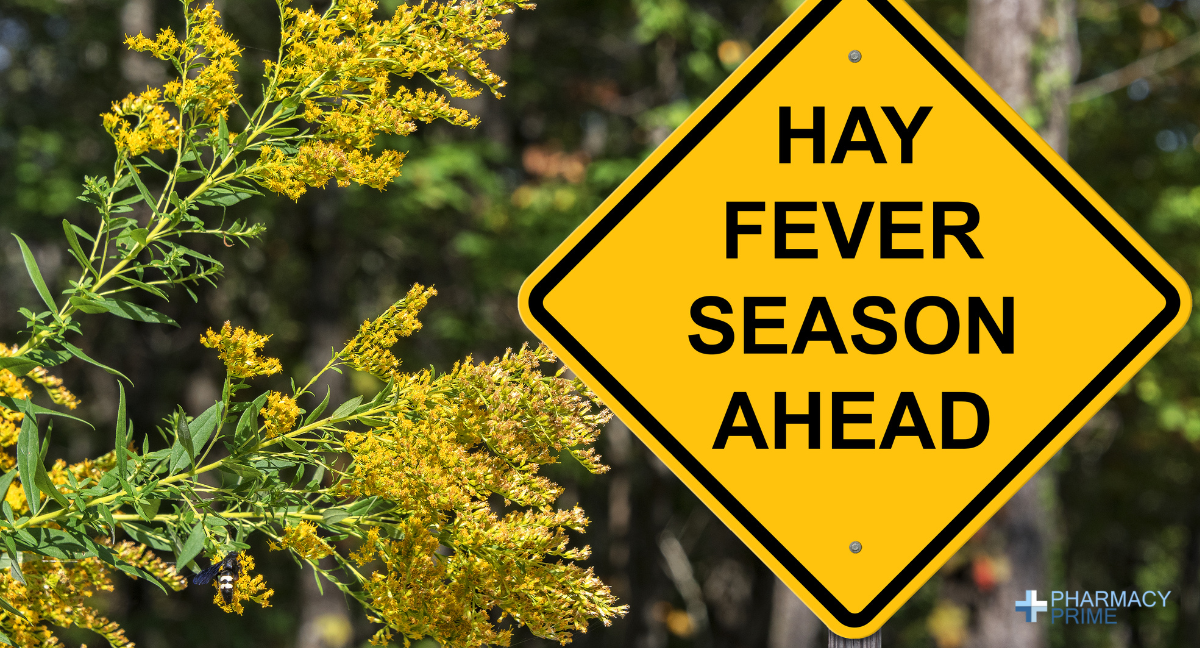Hay fever, also known as allergic rhinitis, is a common allergic reaction that affects around 10-30% of adults and up to 40% of children worldwide. It is caused by an allergic response to airborne substances such as pollen, dust mites, animal dander, and mould spores.
Common hay fever symptoms include:
- Sneezing
- Runny or blocked nose
- Itchy or watery eyes
- Itchy throat, mouth, or ears
- Fatigue
- Headache
- Difficulty sleeping
- Reduced sense of smell or taste
These symptoms can range from mild to severe, and they often occur in seasonal patterns, such as during spring and fall when the levels of pollen are higher.
If you suspect that you have hay fever, you should seek medical advice from a doctor. A doctor will diagnose hay fever by asking about your symptoms, medical history, and carrying out a physical examination. They may also refer you for allergy testing.
There are various allergy tests available to diagnose hay fever, including skin prick tests and blood tests. A skin prick test involves exposing your skin to small amounts of common allergens and monitoring for a reaction. A blood test measures the level of specific antibodies to allergens in your blood.
However, in most cases, a doctor can diagnose hay fever based on your symptoms and medical history without the need for allergy testing.
If you are diagnosed with hay fever, there are various treatment options available, including over-the-counter and prescription medications. Antihistamines, decongestants, and corticosteroids are commonly used to relieve hay fever symptoms.
Antihistamines work by blocking the effects of histamine, which is released during an allergic reaction. Decongestants help to reduce nasal congestion, and corticosteroids reduce inflammation in the nose and throat.
Other things you can do to help relieve hay fever symptoms include:
- Avoiding allergens where possible
- Using a nasal saline solution to rinse your sinuses
- Wearing wraparound sunglasses to protect your eyes
- Keeping windows and doors closed during high pollen counts
- Using an air purifier with a HEPA filter
- Avoiding outdoor activities during peak pollen hours
In conclusion, hay fever is a common allergic reaction that can cause a range of symptoms, including sneezing, a runny nose, and itchy eyes. If you suspect that you have hay fever, you should seek medical advice from a doctor. Treatment options include medications and lifestyle changes, and with the right care, most people with hay fever can manage their symptoms effectively.

